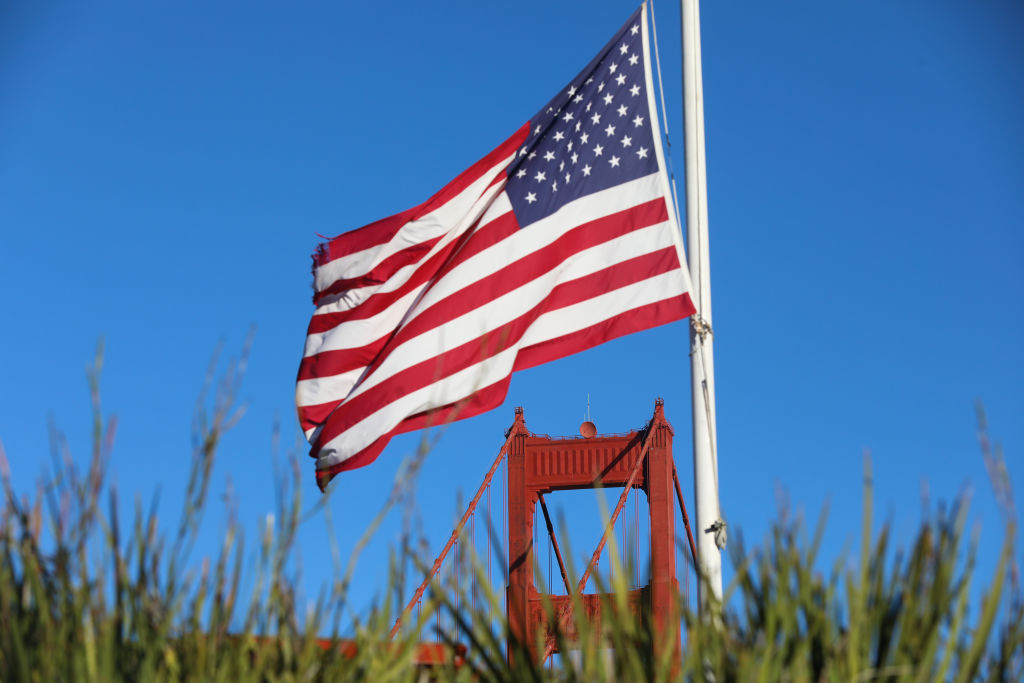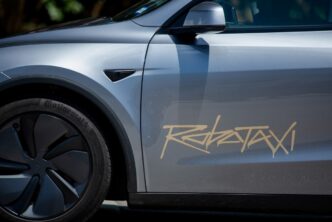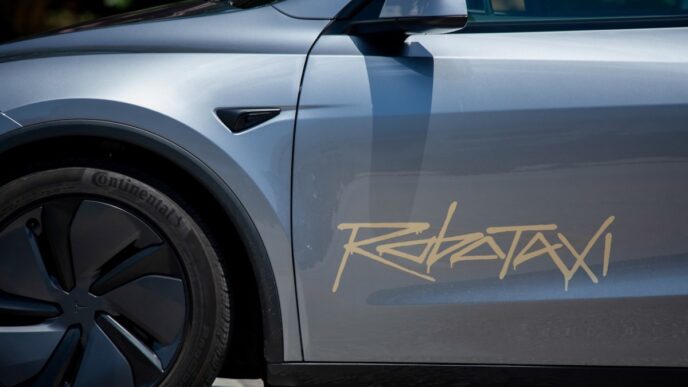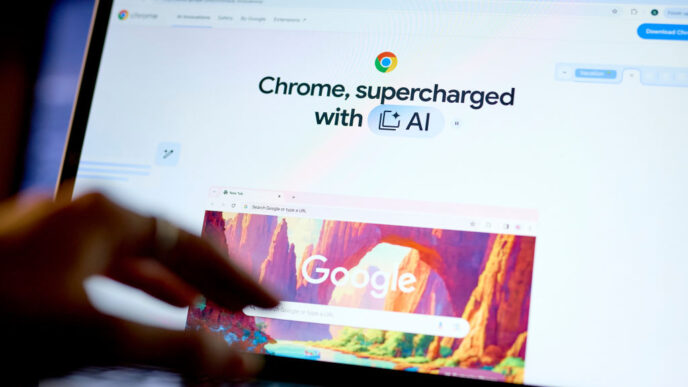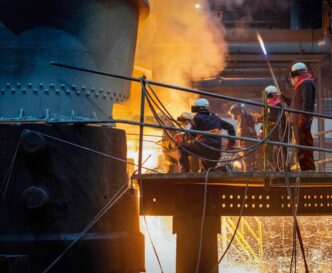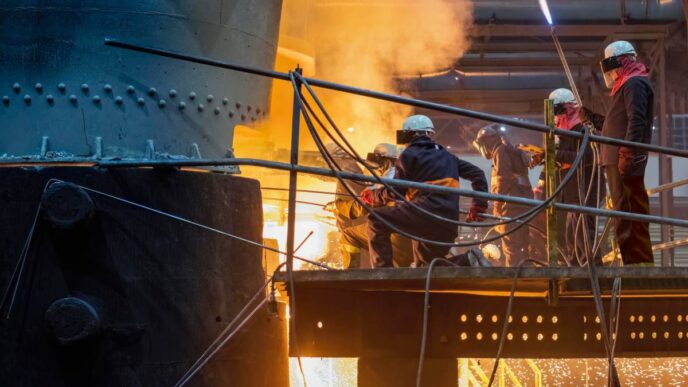Nvidia is facing backlash over its AI chip sales in China.
The Trump administration recently OK’d Nvidia to start selling its H20 AI chips in China again. That move sparked a letter from 20 national security pros and ex-government officials demanding a reversal.
The critics called the decision a “strategic misstep” that risks America’s AI lead both militarily and commercially. They argue the H20 is no basic chip—it’s designed to bypass export controls and excels at AI inference, outperforming even the restricted H100.
They warned the chips could boost China’s military AI, worsen the U.S. chip shortage, and weaken export controls overall.
Matt Pottinger, Stewart Baker, and David Feith are among the signatories pushing the Commerce Department to block H20 sales.
This controversy follows the DOC’s approval two weeks ago amid trade talks on rare earths. Secretary Howard Lutnick downplayed the risk, calling H20 Nvidia’s “fourth best” AI chip.
Just last week, the Trump admin shared an AI Action Plan calling for export controls but kept details vague.
Matt Pottinger, former deputy national security adviser, stated:
“The H20 is a potent accelerator of China’s frontier AI capabilities, not an outdated AI chip.”
“Designed specifically to work around export control thresholds, the H20 is optimized for inference, the process responsible for the dramatic capabilities gains made by the latest generation of frontier AI reasoning models. For inference tasks, the H20 outperforms even the H100, an AI chip this administration has restricted access to due to its advanced capabilities.”
The letter concluded:
“The decision to ban H20 exports earlier this year was the right one.
We ask you to stand by that principle and continue blocking the sale of advanced AI chips to China as America works to maintain its technological edge. This is not a question of trade. It is a question of national security.”
More turmoil brewing as the U.S. tries to balance tech leadership and trade strategy.

